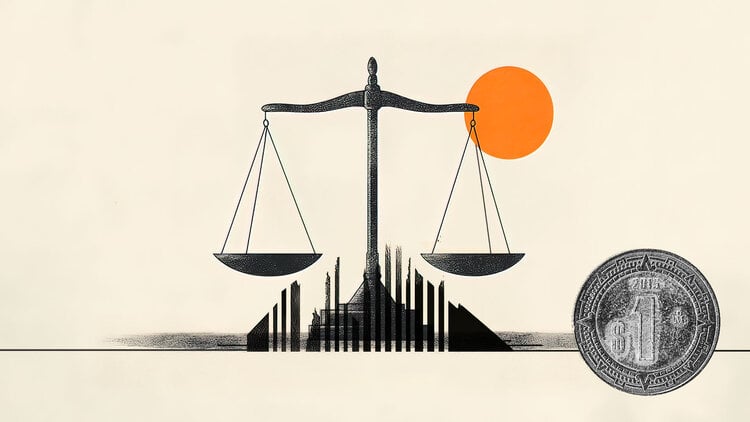This article is published in issue 17 of Vanity Fair on newsstands until 23 April 2024.
In an episode of the animated series BoJack Horsemanthe TV broadcast MSNBSea decides to comment on the choice of pop star Sextina Aquafina to have an abortion. The host opens the debate with these words: «But hasn't the concept of freedom of choice for women gone further? We have a group of white men in bow ties to talk about abortion. Gentlemen?”. The scene frames three men who comment on the singer's choice, and more generally on the actions on women's bodies, and has become a meme that is immediately understood even by those who have not seen the series, because it photographs reality: the comment spaces they are occupied by men who are asked to legitimize women's sexual and reproductive choices.
In 1976, in a program on abortion Oriana Fallaci was invited to speak after three men, and she decided to underline it: «As usual, the debate began with three men, in particular with two politicians. I hope that tonight each of us forgets, one: that abortion is not a political game. I compromise with you and you compromise with me. You turn a blind eye to this, I'll turn a blind eye to that. Two: that we are women who get pregnant, that we are women who give birth, that we are women who die while giving birth, having an abortion or not. And that the choice is therefore ours (…) whether you like it or not. Anyway, if you don't like it, we decide for ourselves. We have done this for millennia. We will continue to do so. We challenged your sermons, your hell, your prisons. We will challenge them again.”
Today it is easier to see the absurdity of these practices, but the system of power has not changed. For almost thirty years there has been a movement of associations and parties that speak of a “gender danger” that threatens the social order. This narrative is linked to women's sexual and reproductive rights, because it was born around the nineties in response to the world conferences which, as Lisa Levenstein explains in They didn't see us coming (Mondadori), laid the foundations for today's activism, allowed women of different social backgrounds and nationalities to meet and discuss, and lesbian women to be heard.
If many things have changed in common awareness, women's bodies are still the terrain of a profitable political game.
Donald Trump had used women's rights as a tool of persuasion in the 2016 elections, in which he beat Hillary Clinton and threw the progressive part of the country into anguish. If in 2020 the defeat against Biden seemed definitive, now Trump is once again running for the White House, and is once again using the right to abortion as currency: after months of ambiguous declarations, he has proposed a very restrictive. At the same time, the Vatican published a document in which it defines sex change, gender fluidity and surrogacy as contrary to human dignity. Pope Francis has also expressed ambiguous statements: sometimes welcoming towards freedom of choice and the LGBTQ+ community, in many other cases repressive. Trump and the Church promise to counteract social change and return to what Zygmunt Bauman called “retrotopia”, that is, to an ideal past (a utopia that is located in the past, rather than in the future) in which everyone was happy.
To subscribe to Vanity Fair, click here.
Source: Vanity Fair
I’m Susan Karen, a professional writer and editor at World Stock Market. I specialize in Entertainment news, writing stories that keep readers informed on all the latest developments in the industry. With over five years of experience in creating engaging content and copywriting for various media outlets, I have grown to become an invaluable asset to any team.







